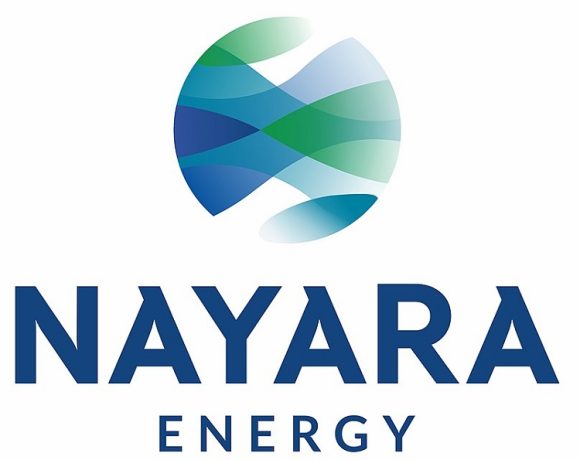
Nvidia Urges US to Ease Chip Curbs on China
Nvidia Appeals to US Over China Chip Export Curbs
Says ‘No Such Thing as a Good Blacklist’ in Global Tech
Nvidia has issued a strong message directed at both the Chinese government and the Biden administration, urging cooperation over confrontation in the global chip trade. The statement comes amid tightening U.S. restrictions on advanced semiconductor exports to China, which have directly impacted Nvidia’s ability to supply high-end AI chips to one of its largest markets.
The message, shared through Nvidia’s official Chinese social media channels, was notably long and carefully worded. It expressed concern over growing technology walls and warned that building “blacklists” only accelerates division in the global tech ecosystem. “There’s no such thing as a good blacklist,” the post said, highlighting that technological innovation thrives only in open markets.
Nvidia Seeks Balanced Policy Approach
Nvidia’s appeal is not just aimed at Chinese regulators, but also includes a request to the U.S. government to reconsider the harsh export control measures announced in recent months. These restrictions have severely limited Nvidia’s ability to sell its A100, H100, and other high-performance chips to Chinese firms, especially those in AI, cloud computing, and defense-linked sectors.
While Washington argues the restrictions are necessary to prevent misuse of American technology by potential adversaries, companies like Nvidia have raised concerns about losing access to a critical and growing customer base. China accounts for nearly 20% of Nvidia’s global revenue, making it one of the company’s most valuable markets.
China Responds Cautiously, Industry Watches Closely
Chinese officials have not issued a direct response yet, but experts say Nvidia’s public message could be seen as an attempt to keep its market presence intact while navigating between two competing superpowers. Some analysts believe the appeal also signals rising frustration among U.S. tech companies over the commercial fallout of geopolitical tensions.
The situation remains fluid as the U.S. continues to tighten control over chip exports under the broader strategy of curbing China’s technological rise. Nvidia has not announced any production changes yet but may shift supply chains or product lines if the restrictions persist.


















